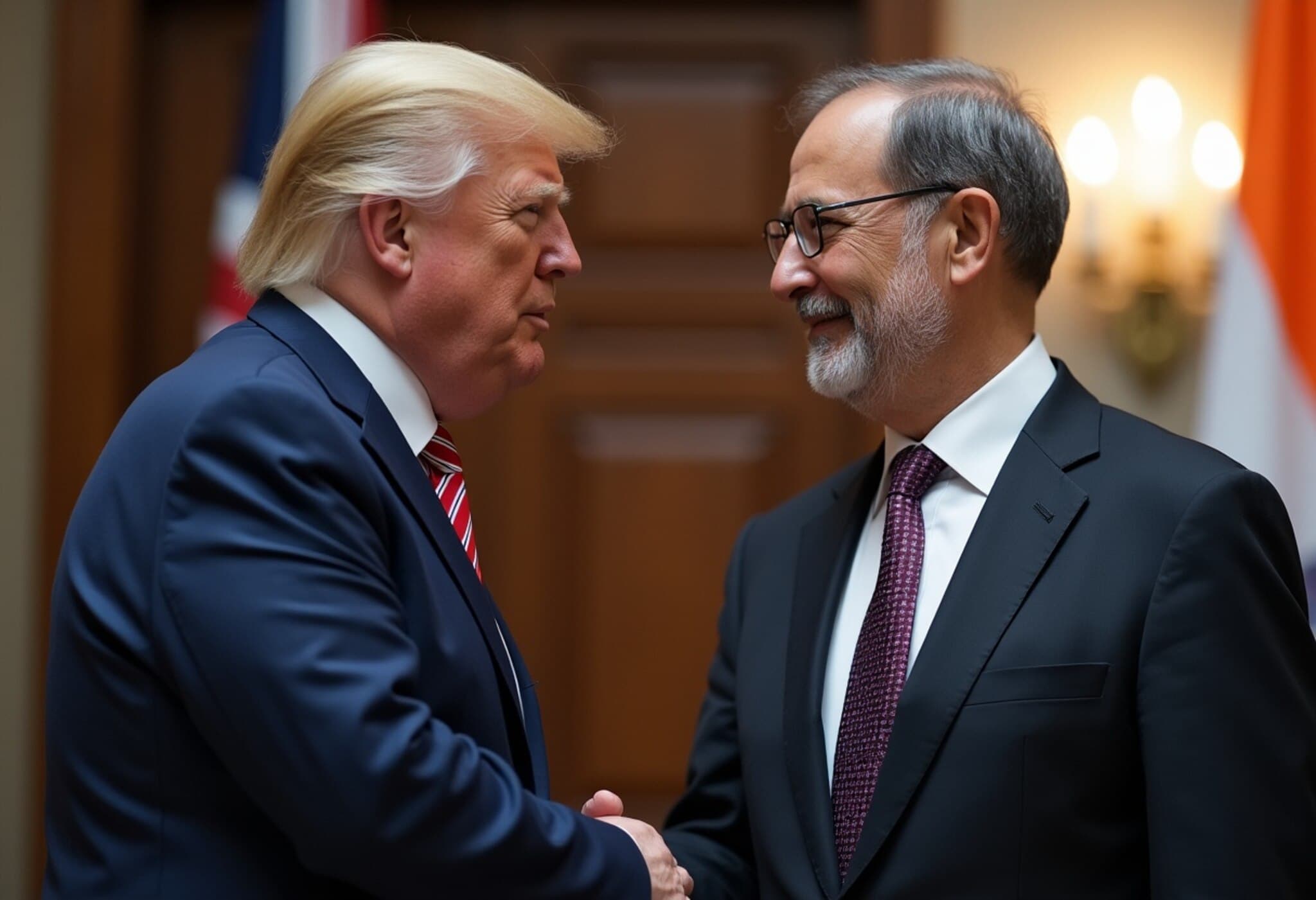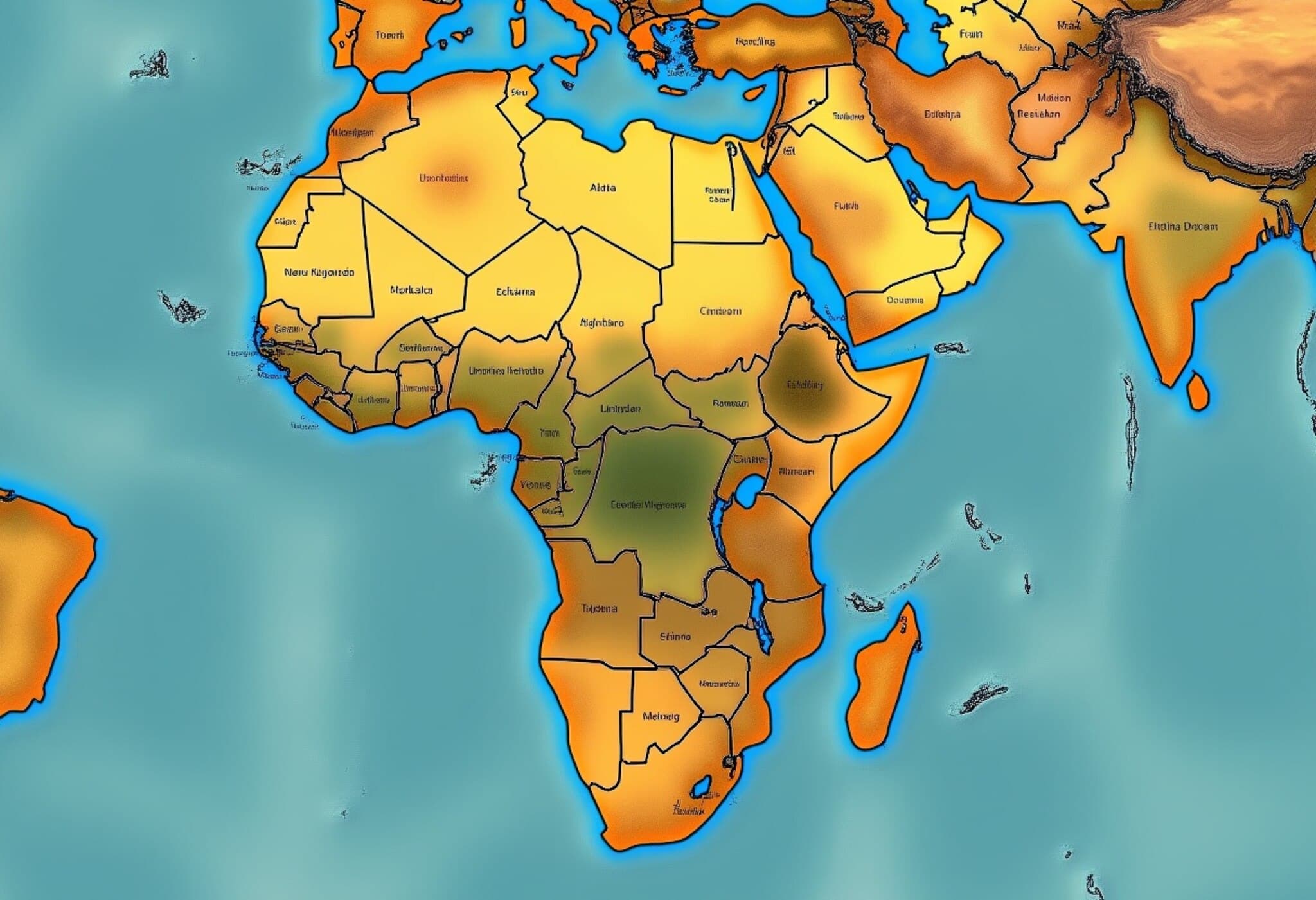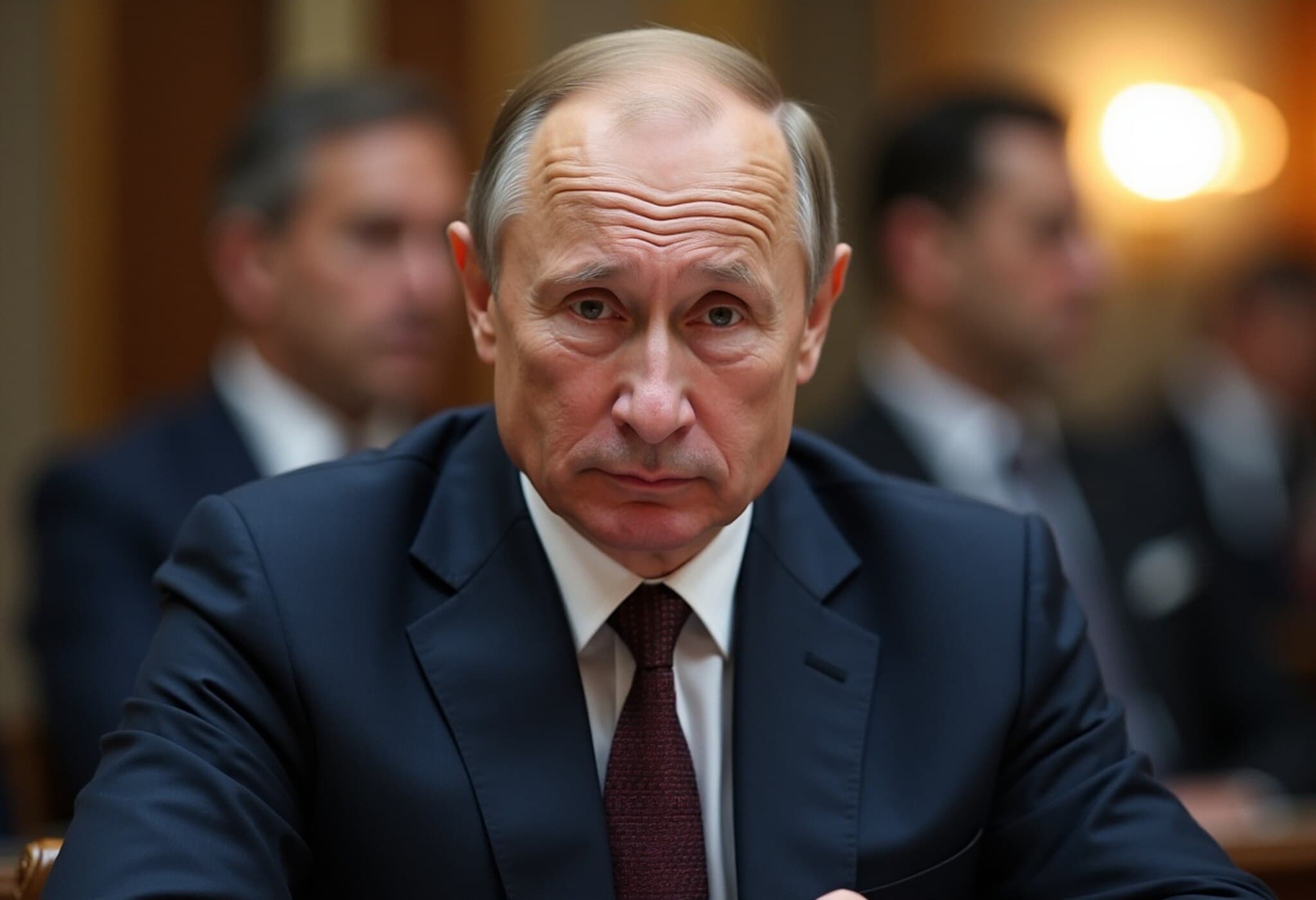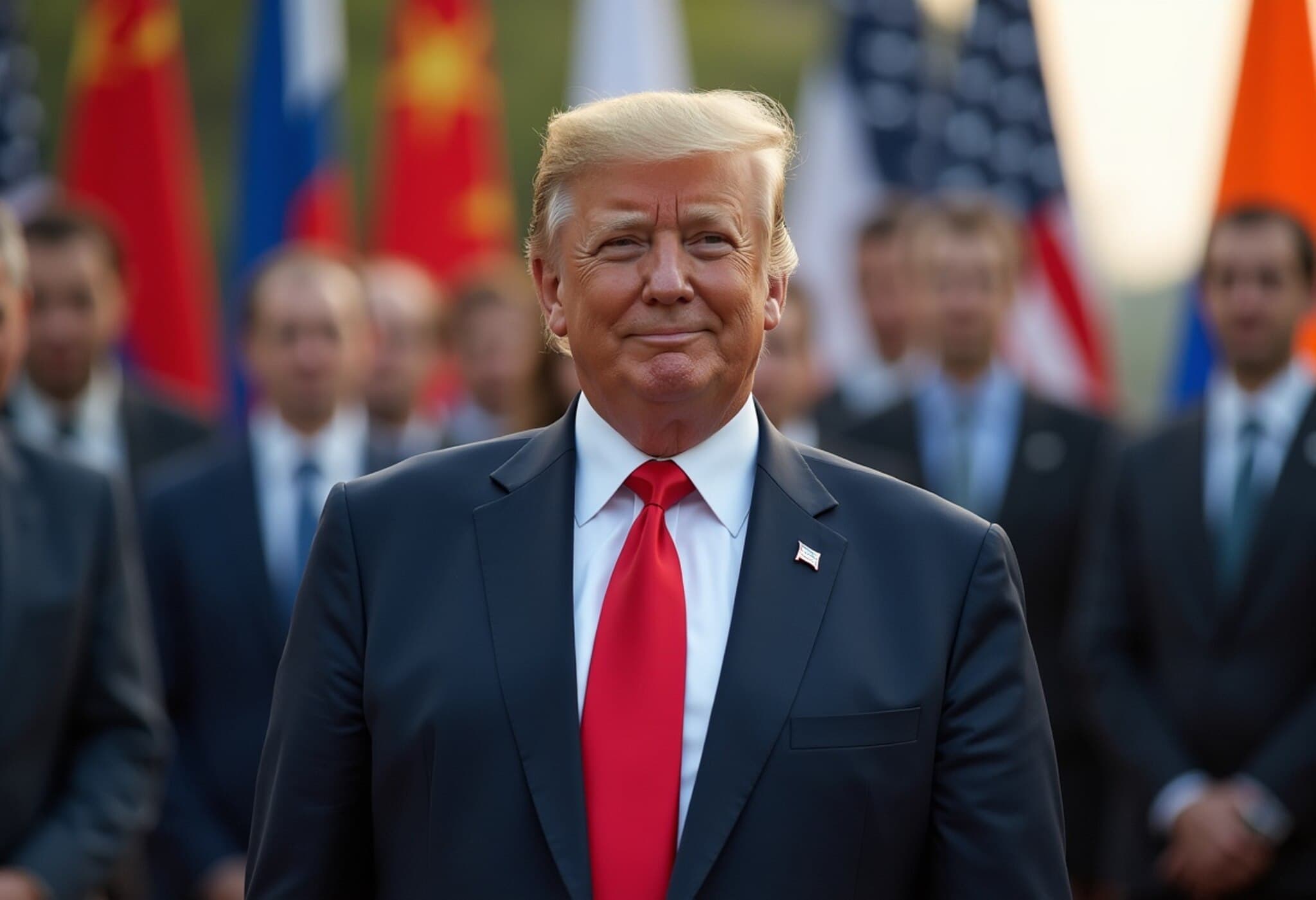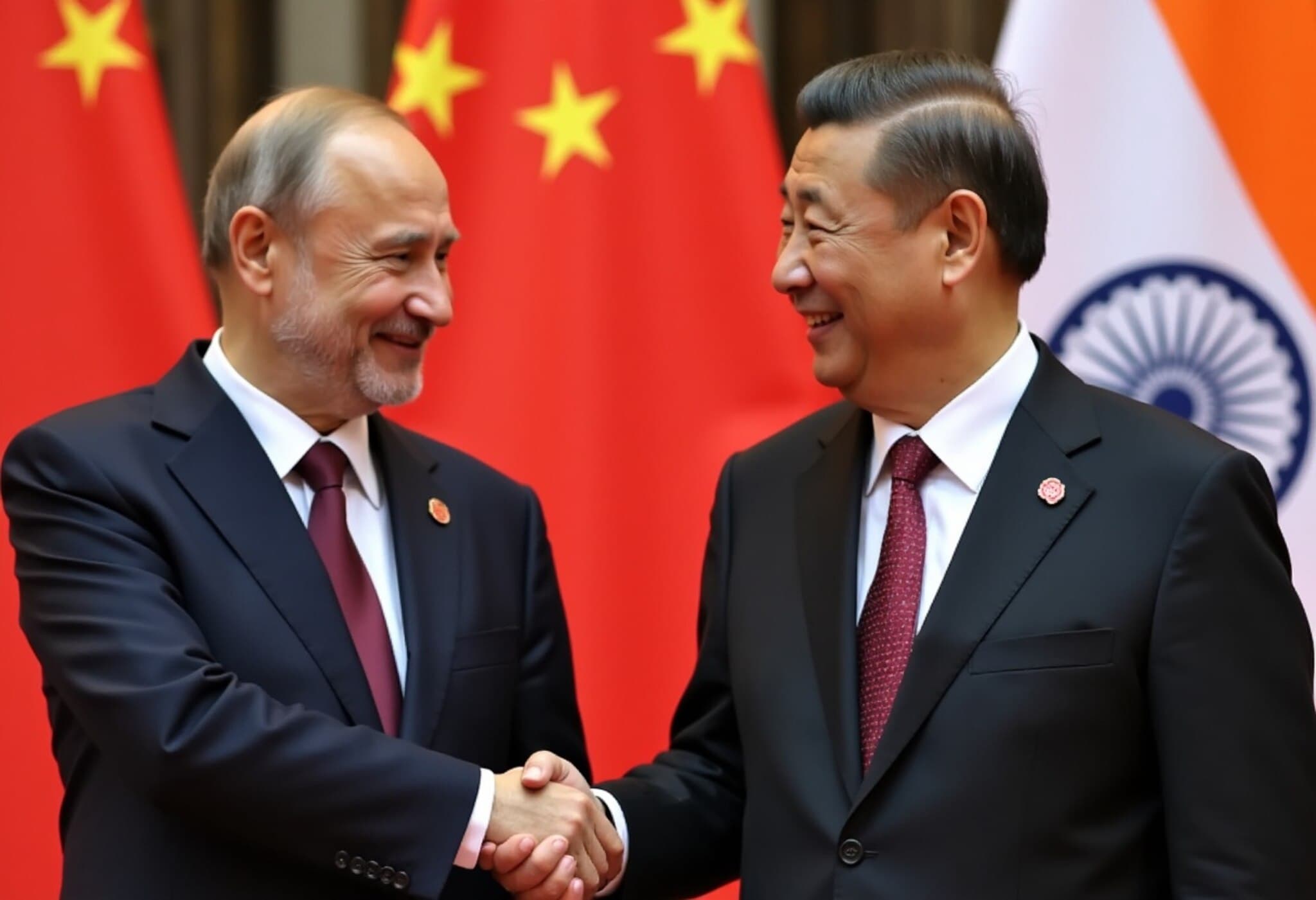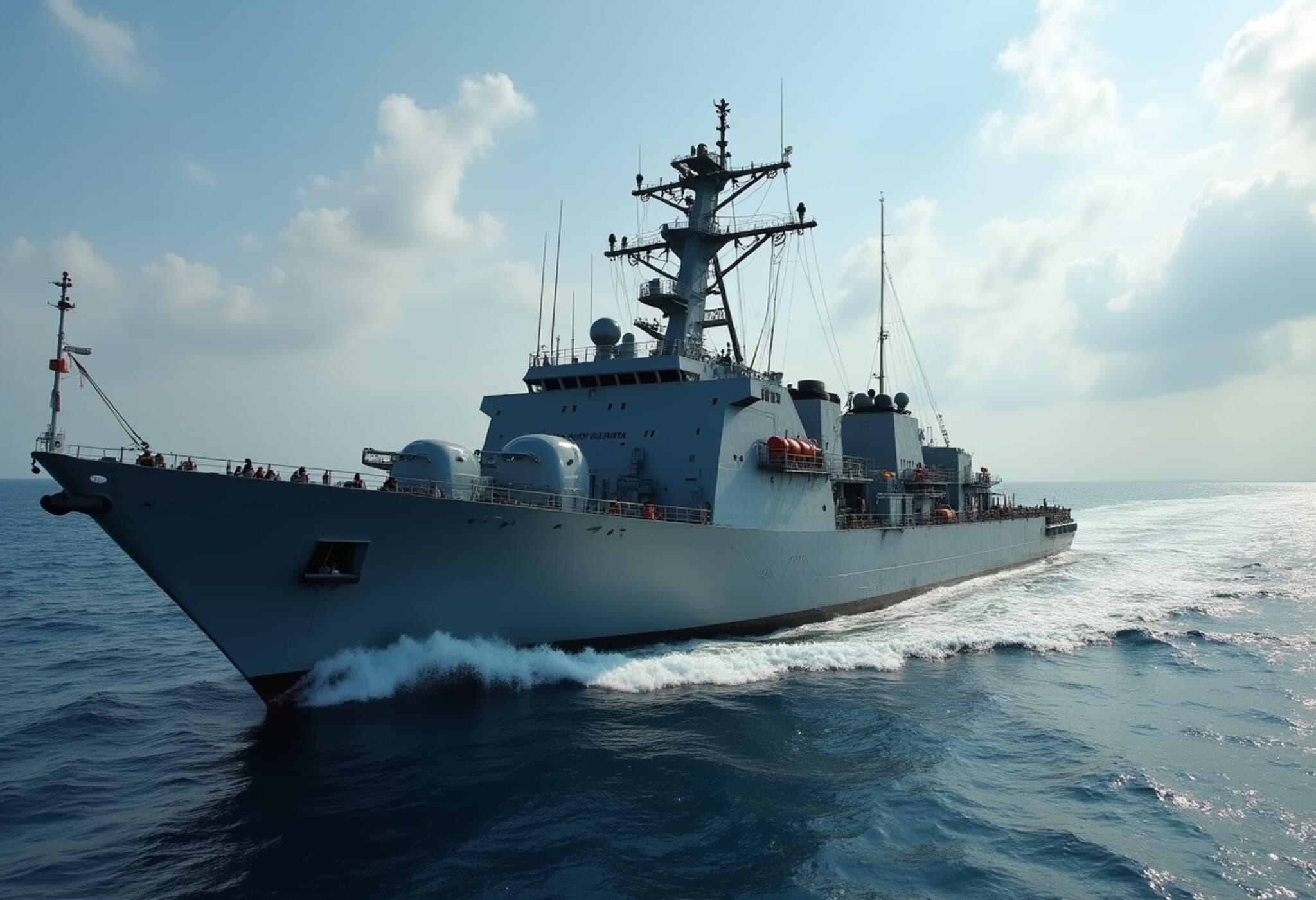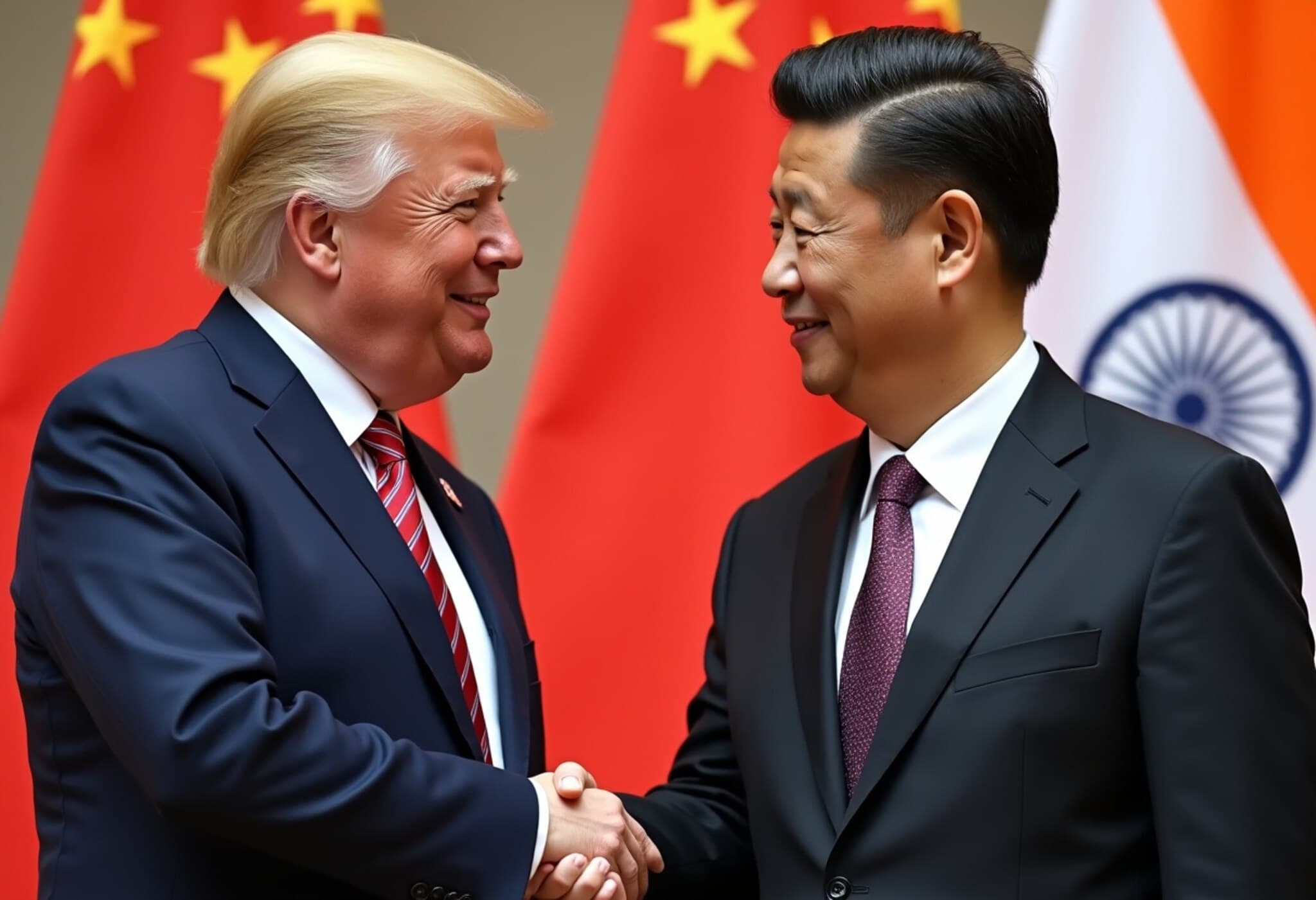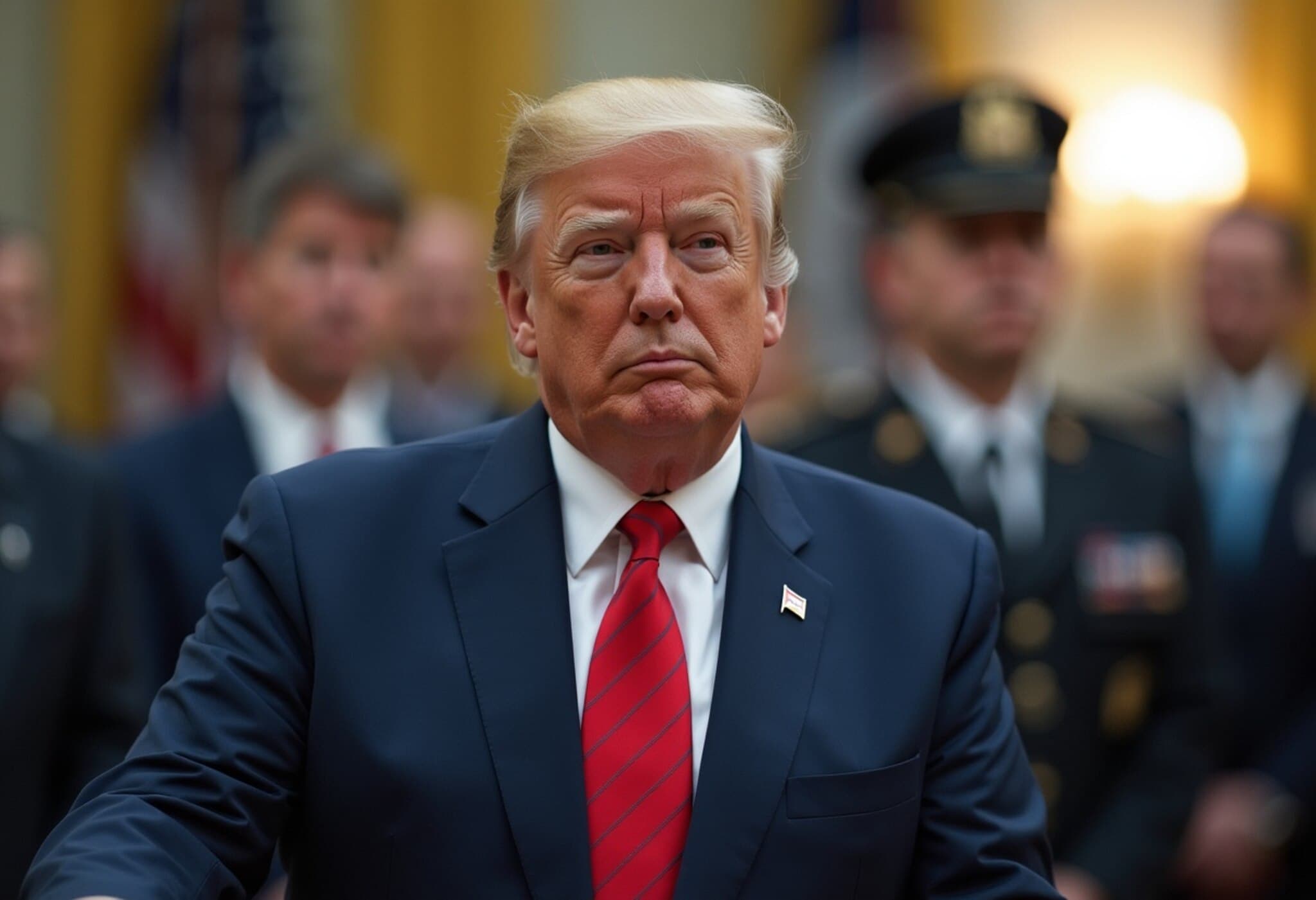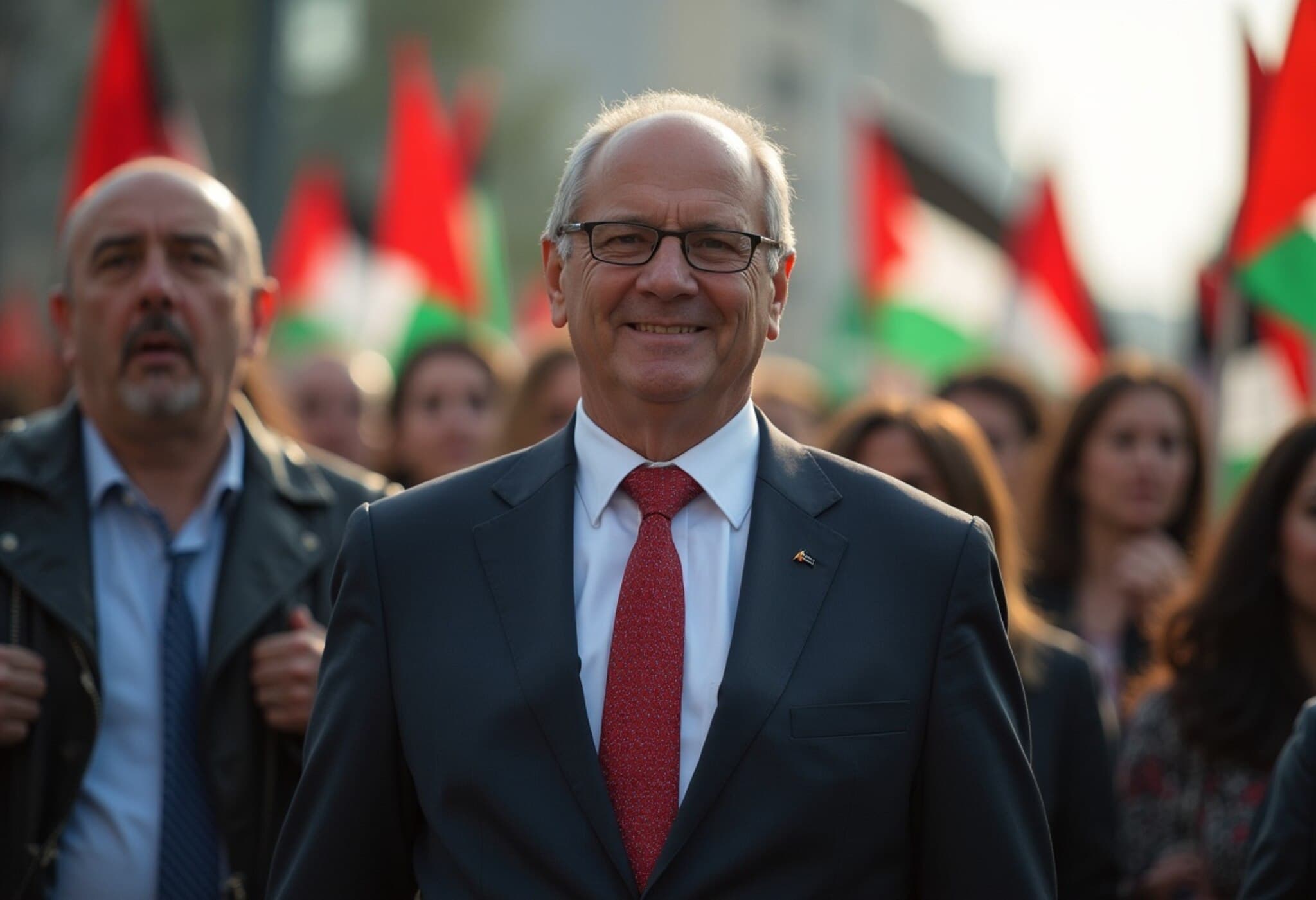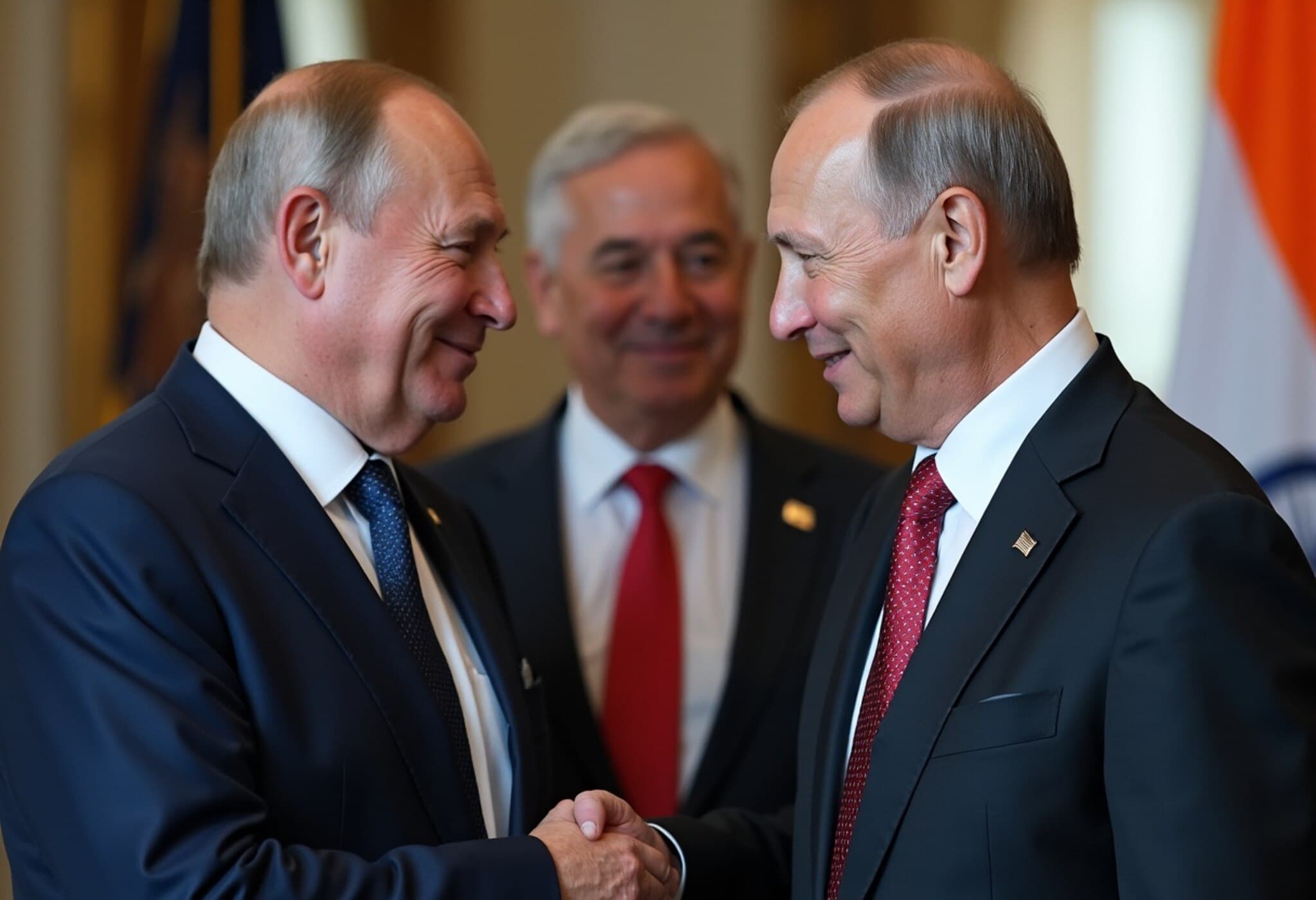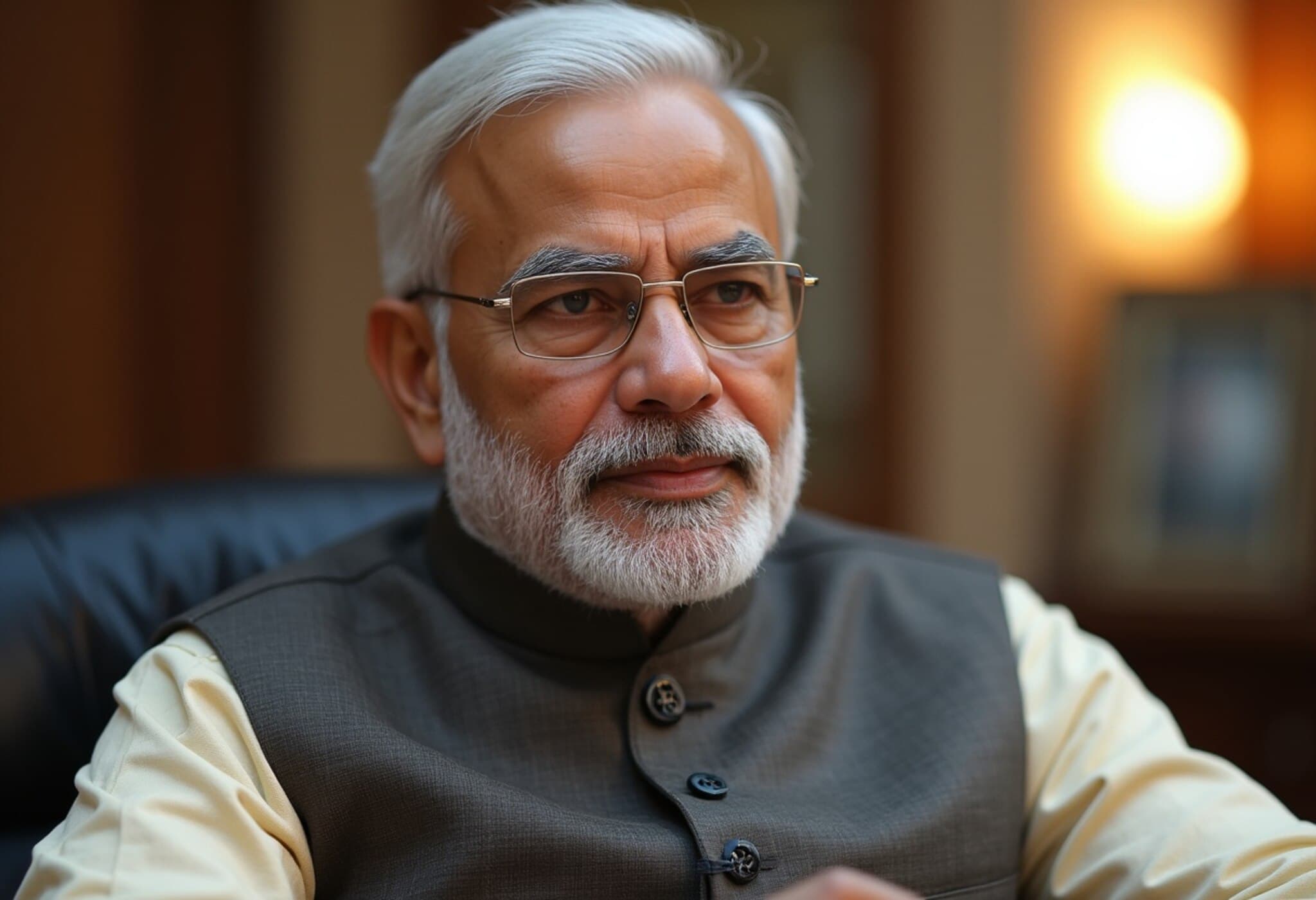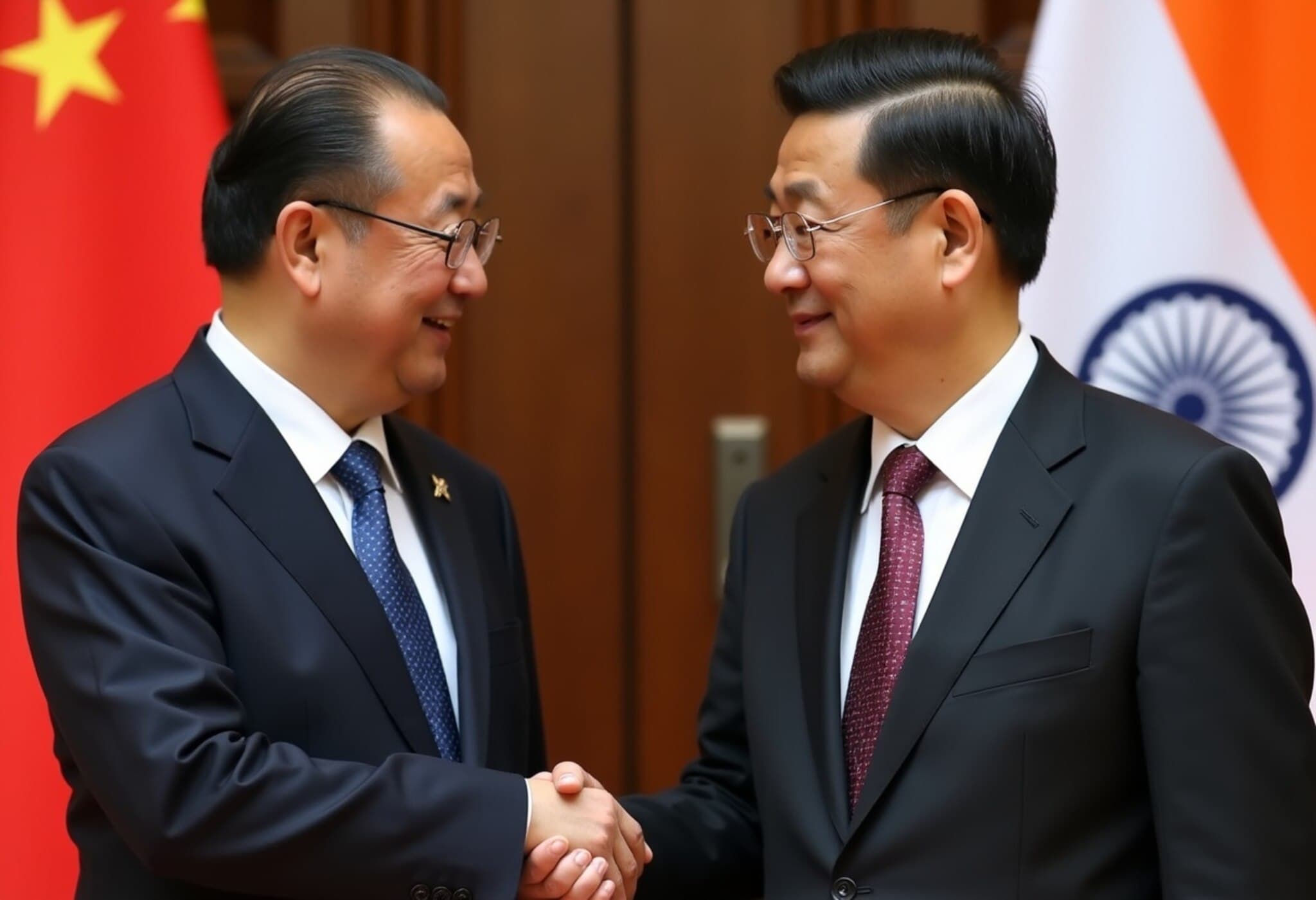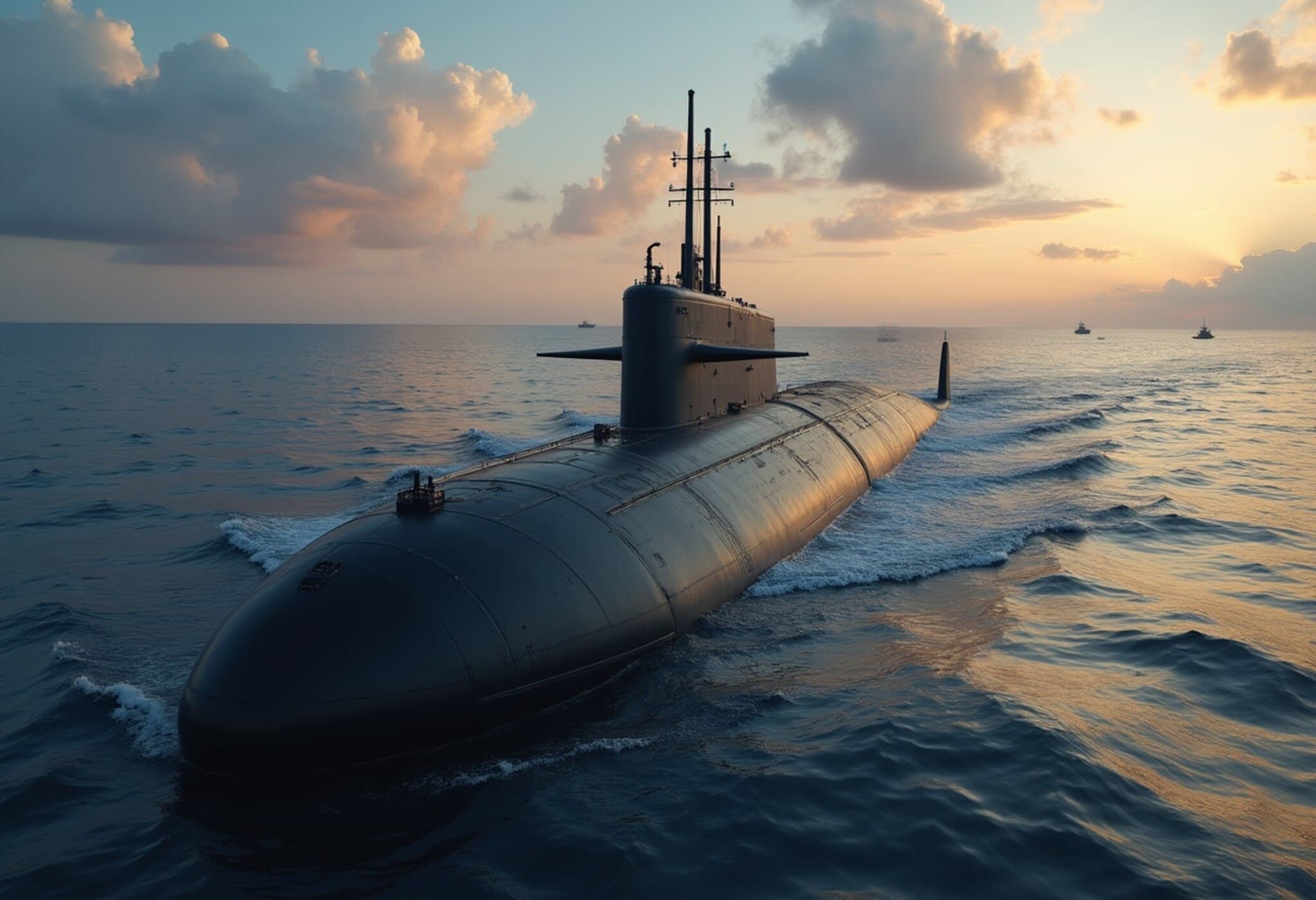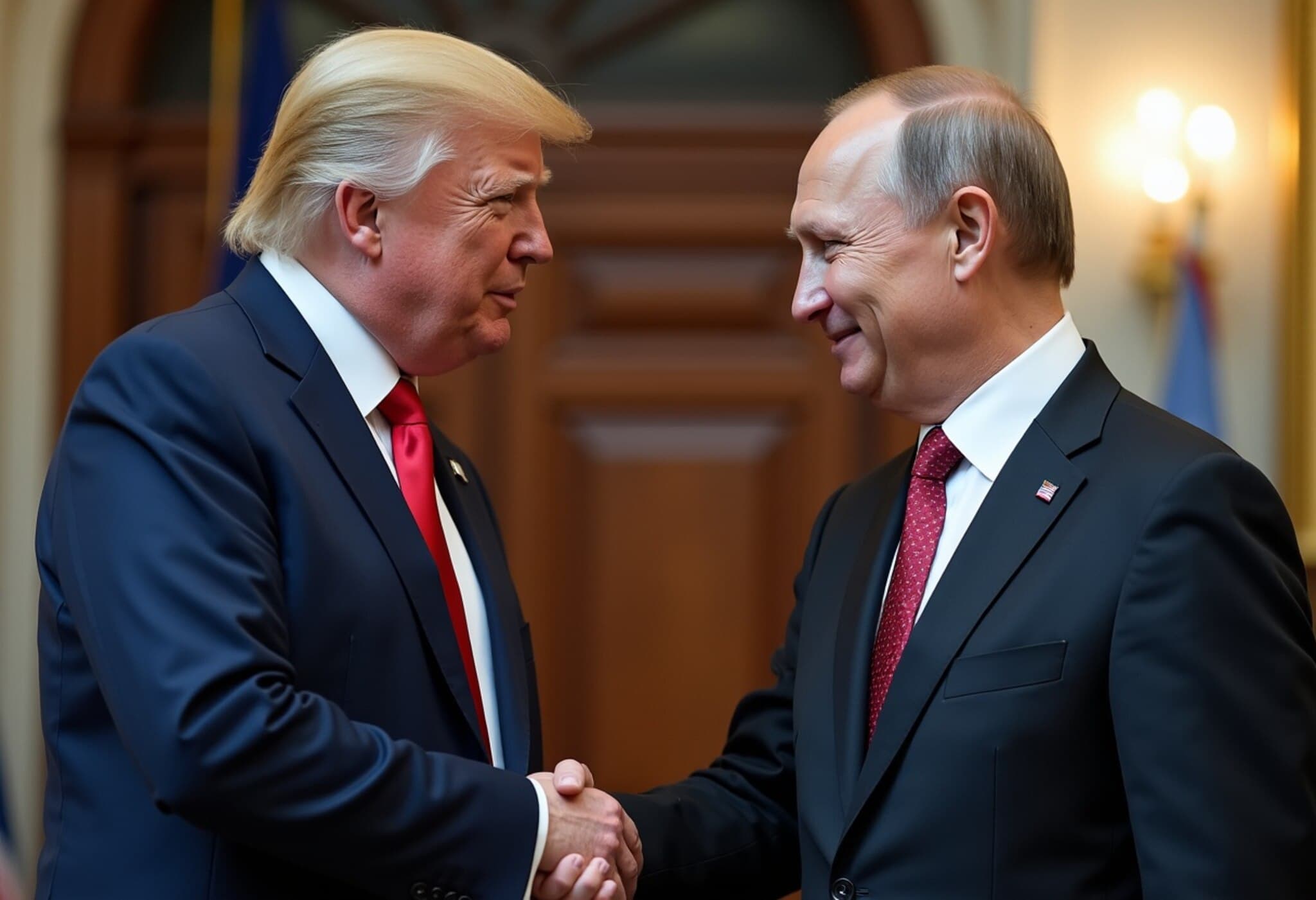Australia Navigates a Complex Middle Ground Amid Trump-India Oil Tensions
In an unexpected twist of global diplomacy, former U.S. President Donald Trump’s sharp criticism of India’s booming trade in Russian oil has thrust Australian Prime Minister Anthony Albanese into a challenging position. This dispute extends far beyond typical trade disagreements or geopolitical defense concerns – it is centered on billions of dollars’ worth of oil transactions that indirectly link Australia to Moscow’s energy revenues amidst the ongoing war in Ukraine.
India’s Growing Role in Russian Oil Trade
Since the European Union imposed stringent sanctions on Russian oil in early 2023, aimed at strangling Vladimir Putin’s war chest, India has stepped in as a major buyer, importing crude oil that Russia must sell at discounted rates. Indian refineries such as the colossal Jamnagar complex in Gujarat purchase discounted Russian crude, refine it into diesel, petrol, and aviation fuel, and then export these products globally – including shipments destined for Australian fuel supplies.
Data from the Centre for Research on Energy and Clean Air (CREA) estimates that Australia has imported around $10 billion worth of oil refined in India sourced from Russian crude since the EU embargo began. Though these refined products are not 100% derived from Russian oil, the Russian share has become increasingly significant. This interconnected supply chain complicates Australia’s stance on sanctioning Russia and raises hard questions about the indirect financing of the Kremlin’s military operations.
The Geopolitical and Strategic Implications
India’s Prime Minister Narendra Modi and Donald Trump once projected a strong camaraderie, framing India as a key strategic partner alongside Australia and Japan within the Quadrilateral Security Dialogue (Quad). However, Trump’s recent threats of tariffs targeting India’s oil trade with Russia risk fraying this partnership, forcing Albanese into a diplomatic balancing act.
Prime Minister Albanese has cultivated a positive relationship with Modi—highlighted by moments like their friendly meeting during the 2023 cricket test in Ahmedabad. Yet, Australia’s robust support for Ukraine, including over $1.5 billion in aid, stands in stark contrast with this indirect complicity in sustaining Russian energy revenues.
Expert Views on Australia’s Position
- Vaibhav Raghunandan, CREA analyst, highlights the paradox: "Australia continues to aid Ukraine, yet by importing refined oil from Indian refineries processing Russian crude, it effectively bolsters Russia's budget." He notes that up to half of Russia’s federal revenue depends on oil and gas sales.
- Mark Corrigan, an Australian chemical engineer, estimates that Jamnagar supplies approximately 10% of Australia’s refined fuel market, underscoring the tangible presence of Russian oil in everyday Australian fuel.
- Kateryna Argyrou, chair of the Australian Federation of Ukrainian Organisations, condemns the trade as "blood money," urging Australian leaders to confront India and sever channels fueling the Kremlin’s war.
Economic Entanglements and Political Stakes
Indian refineries profit from purchasing Russian crude at substantial discounts—for example, $4.50 less per barrel than Brent crude in June 2025. This arbitrage benefits companies like Reliance Industries, partly owned by Russian state-backed Rosneft, and led by billionaire Mukesh Ambani, a key Modi ally. Trump’s proposed tariffs threaten to challenge these entrenched economic interests and by extension, Modi’s domestic support.
For Australia, the quandary is stark: whether to side with Trump’s hardline approach or uphold the Quad’s solidarity with India, whose refusal to bow to U.S. pressure signals complicated global energy realignments. Critics argue that without a coordinated global boycott on Russian oil—including curbing indirect routes through countries like India—sanctions risk becoming ineffective symbolic gestures rather than transformative policies.
The Bigger Picture: Sanctions, Energy, and Ethics
Australia’s implicit role in this web feeds into larger questions about the efficacy and moral weight of sanctions. Despite freezing Russian assets and sanctioning individuals, the oil supply chains show cracks in enforcement and new economic realities shaping global alliances.
This complexity also reveals how major emerging economies like India maneuver pragmatically, balancing geopolitical affiliations with urgent energy needs and domestic growth imperatives. Meanwhile, Australia’s fuel consumers unknowingly may be fueling a conflict thousands of miles away.
Editor’s Note
This evolving dispute underscores the tangled intersection of global energy markets, geopolitical alliances, and ethical responsibility in times of conflict. For Australia, the challenge lies not only in sustaining strong international partnerships but also in grappling with the unintended consequences of indirect transactions that support an aggressor nation. As tensions between Trump and Modi simmer, Australian policymakers face critical decisions: how rigorously to enforce sanctions, manage diplomatic relationships within the Quad, and uphold its moral stance on global conflicts.
Going forward, more transparent tracking of oil sourcing, international cooperation on sanctions enforcement, and clearer communication with the public will be vital. Australians deserve to understand the origins of the fuel they buy and the broader impact their daily choices have on global peace and justice.

